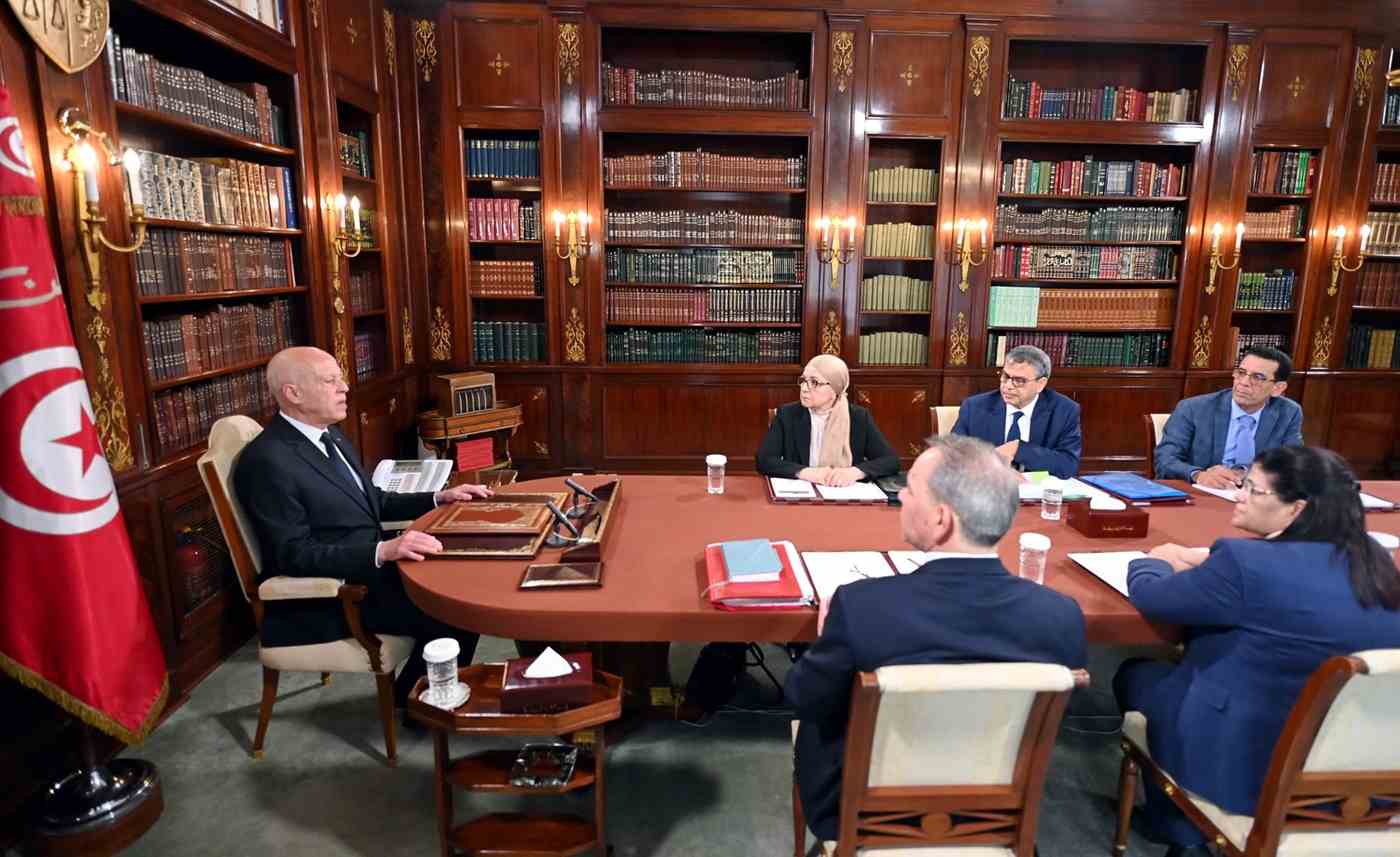President of the Tunisian Republic, Kaïs Saïed, chaired a working session on Monday, May 27, 2024, at the Palais de Carthage, dedicated to examining modifications to provisions relating to bad checks. This initiative seeks to set a balanced and protective approach for all parties involved in the use of checks.
A Balanced Approach to Protect All Parties
President Kais Saïed stressed that the draft revision of article 411 of the Commercial Code, submitted to the Assembly of People’s Representatives, aims to protect both the issuer and the beneficiary of the check. The project also imposes improved responsibility on banks to stop the issuance of bad checks. Proposed measures include mediation before initiating criminal proceedings and allowing legal actions only following a complaint from the beneficiary of the check.
Shared Responsibility
The President underlined that the use of checks involves multiple parties, each bearing some responsibility, including banks, which could be held jointly and severally liable with the issuer of the check.
Introduction of Electronic Platforms
The project offers the establishment of electronic platforms enabling beneficiaries to instantly and freely verify the availability of funds covering the check amount with the issuing bank.
Revisions of Sentences and Sanctions
The bill introduces several significant revisions regarding penalties and sanctions. It permits convicts to request the review of their prison sentences, either by combining sentences or decreasing the length of long sentences. For example, sentences of twenty years or more could be reduced to ten years, and sentences of less than twenty years could be halved. Further, the execution of the sentence could be suspended for those who pay the amount of the check or its balance.
Retroactive Effects and Economic Impact
Convicts who repay the amount of the check or its balance will also be exempt from fines and fees, with retroactive effect. This measure seeks to end harmful situations for all partakers: incarcerated people can resume their economic activities, while those at liberty but in an illegal situation can regularize their status and resume their economic activities.
Comprehensive Reform
These modifications to articles 410 and 411 of the Commercial Code are devised to balance the freedom of the debtor, the right of the creditor, and the responsibility of the banks. This reform represents an important step toward fairer and more balanced management of bad checks in Tunisia, addressing the economic and legal issues faced by citizens.
